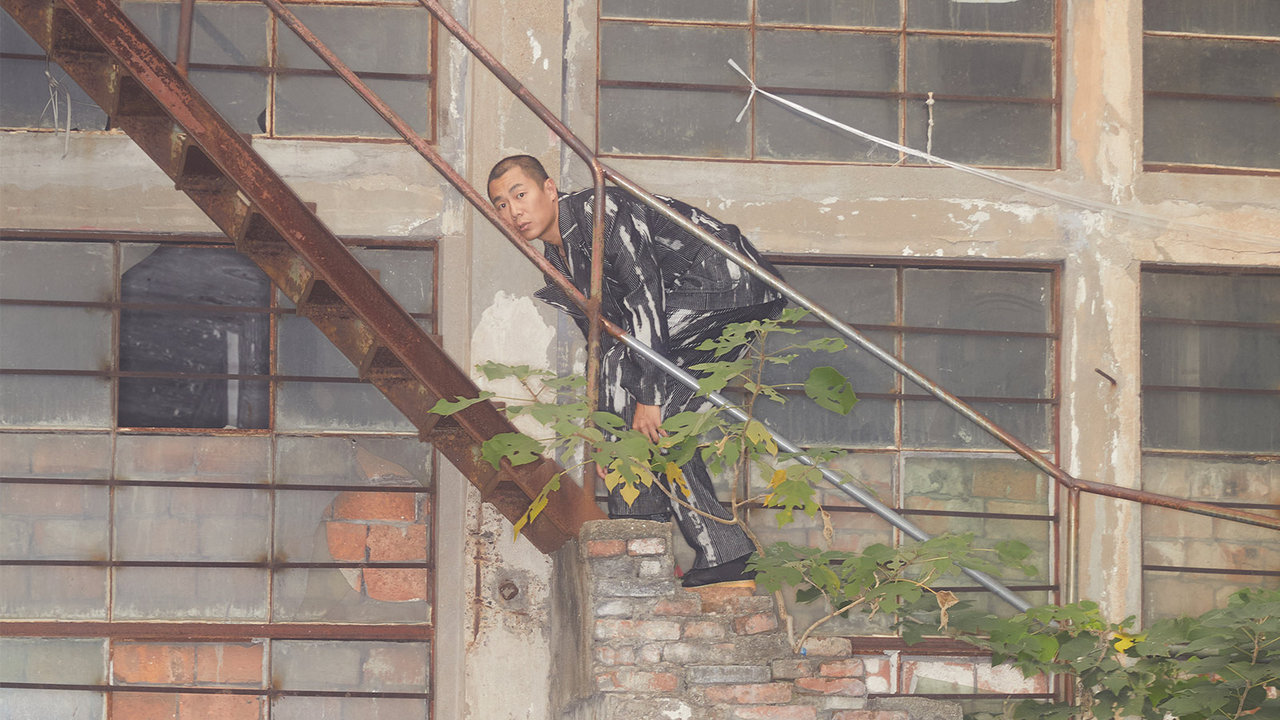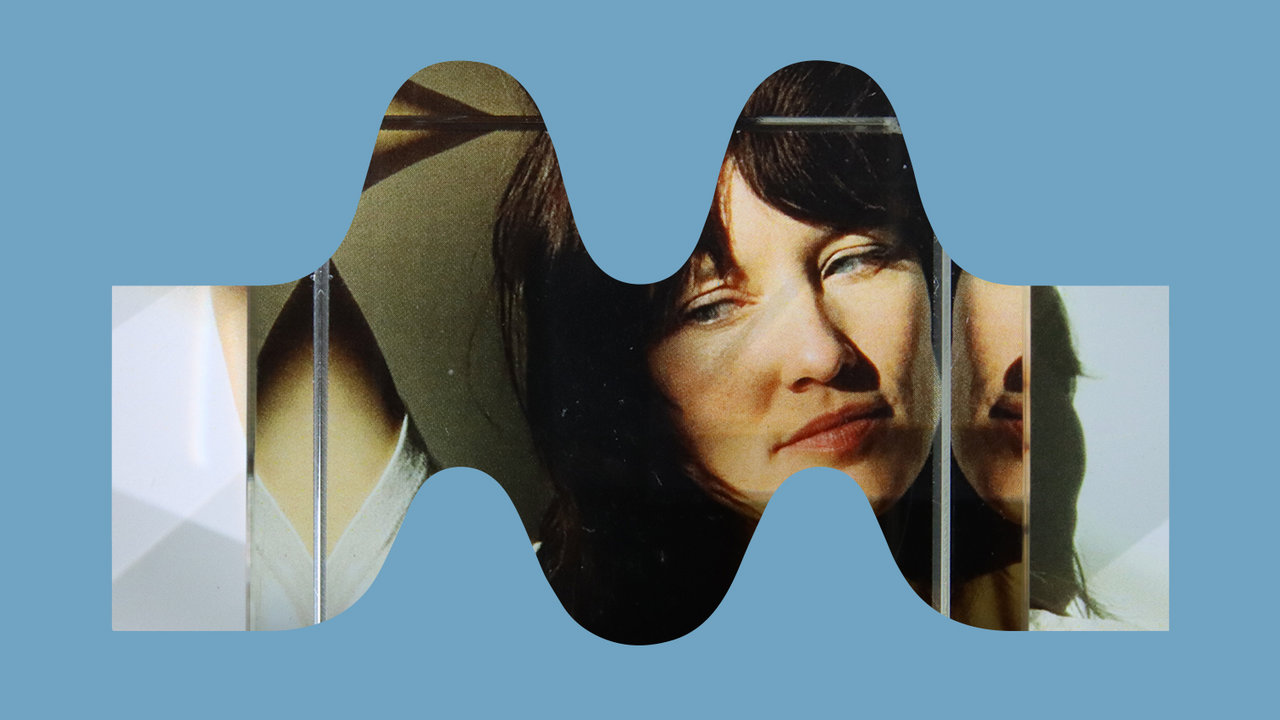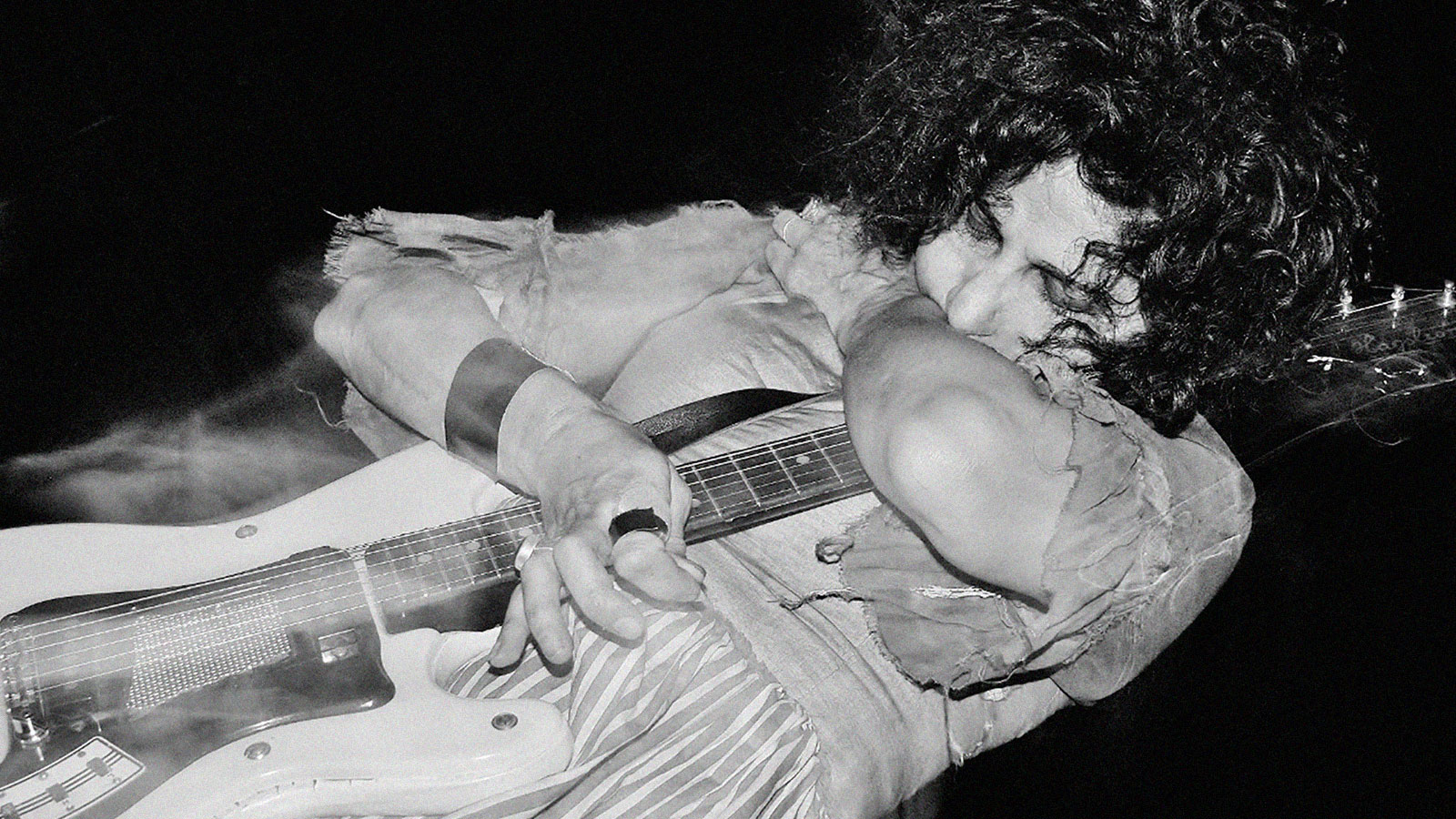
Carla Bozulich is your favorite alternative rock singer’s favorite singer. Her unmistakable voice—a world-weary rasp that gives way to an epic punk howl at a moment’s notice—can be heard on recordings by Xiu Xiu, Lydia Lunch, and legendary pianist Hadda Brooks, and she’s performed live with the likes of Wilco and Thurston Moore. Her commitment to the possibilities enabled by collaboration reveals an artist whose singular perspective—often bruised, always resilient, and captivated by the freedom we find through love—insists on being heard.
Bozulich got her start as a teenager in the ‘80s singing in punk bands in garages around California before forming industrial dance trio Ethyl Meatplow. Although they only released one album (1993’s Happy Days, Sweetheart), their confrontational live performances, penchant for playing gay bars rather than rock clubs, and sample-heavy sound raised their profile high enough for MTV airtime. Next, Bozulich founded the Geraldine Fibbers, a country-tinged alt-rock band that recorded two critically lauded albums on Virgin Records. Since then, Bozulich has formed a number of new groups, collaborations, and solo projects, working in genres spanning from noise rock to soothing ambient to droning folk; the only constant has been her unmistakable voice. Here are a few albums to begin your exploration of Carla Bozulich’s musical world.
The Geraldine Fibbers
Lost Somewhere Between The Earth And My Home



2 x Vinyl LP

Although many grunge bands in the 1990s drew influence from country and folk music, there was nothing else out there quite like the Geraldine Fibbers’s snarling, noisy tales of characters living on the margins like modern desperadoes. Starting from the first seconds of opener “Lilybelle,” with its swirling, fluttering violin that collides with barbed-wire guitar, the Geraldine Fibbers chronicled beauty and decay on 1995 studio debut Lost Somewhere Between The Earth And My Home. The album’s gritty, sprawling splendor hinges on the power of Bozulich’s voice, husky and tough yet tender enough to shade each line with a wrenching subtlety. Her lyrics find opportunities for hope even when her characters are at their lowest, such as the protagonist of “A Song About Walls” getting clean and off the streets by the time the last verse rolls around. Lost Somewhere Between The Earth And My Home is a raw, vital document of pain and redemption.
The Geraldine Fibbers found some success during their short lifespan. Their music videos made it to MTV and 120 Minutes, and they played Lollapalooza in 1995. Nels Cline joined in 1996 as the band pursued a heavier punk sound for their second and final album, Butch. The band got back together for the first time in twenty years to record a new song called “Thank You For Giving Me Life”, a fuzzed-out ode to the Minutemen and the art of Raymond Pettibon, for the reissued edition of Lost Somewhere Between The Earth And My Home.
Carla Bozulich
Red Headed Stranger

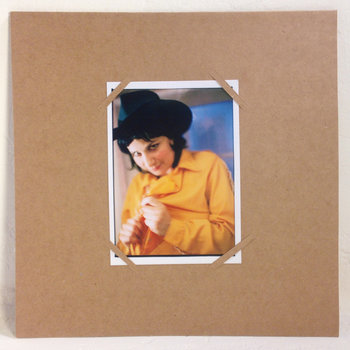


Vinyl LP


The Geraldine Fibbers were always influenced by country songwriting (an early EP even included a faithful cover of Dolly Parton’s “Jolene”) and after the band’s dissolution, Bozulich delved deeper into the songwriter tradition with a full-album cover of Willie Nelson’s 1975 masterpiece, Red Headed Stranger. Nelson’s album is a sparse, aching medley of interlinked murder ballads and old songbook tunes, and Bozulich’s interpretation builds an entire lifetime’s worth of melancholy into every note.
The words remain the same, but Bozulich toys with form to draw out each song’s aching heart while Nels Cline’s tender, fraying guitar work casts an ambient haze of desolation around her smoky voice. The title song (written in 1953 by Edith Lindeman and Carl Stutz) is stretched like tissue paper into a gauzy ten-minute centerpiece ballad, and the classic Mexican waltz “O’er The Waves” by Juventino Rosas, which served as a brief instrumental interlude on the original album, becomes an extended, haunting standout thanks to Bozulich’s lullaby vocals. Perhaps the most astonishing songs here are “Can I Sleep In Your Arms?” and “Hands On The Wheel,” in which Willie Nelson himself joins the band for a pair of duets.
Evangelista

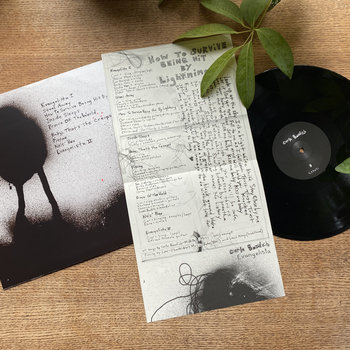
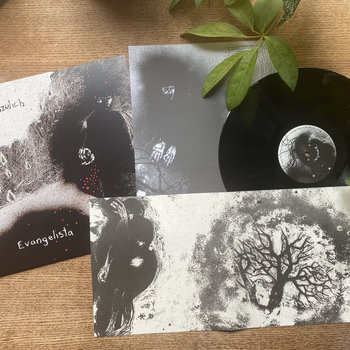


Vinyl LP, Compact Disc (CD)



Droning strings, soft rain, and cat purrs create a brooding atmosphere on 2006’s Evangelista. Bozulich teamed up with the prolific multi-instrumentalist Shahzad Ismaily and an assortment of Godspeed! You Black Emperor associates to record this album during a freezing Montreal winter. Evangelista retains a dreamlike sweetness even at its noisiest, with a dynamic sensibility that draws on the musicians’ post-rock expertise. Their lush, folky instrumental arrangements drift around ethereal vocals to form songs from snatches of disparate sounds before they combine into a wall of frenetic sound or blur again into an ambient hush. Standout tracks include “How To Survive Being Hit By Lightning,” a feedback-slathered ballad that storms over a soft choir of hummed vocals, and “Pissing,” an epic cover of a song from Low’s just-released The Great Destroyer that pushes the original song’s noisy climax even further into the red while still highlighting its gentle melodic underpinning.
Evangelista
Hello, Voyager
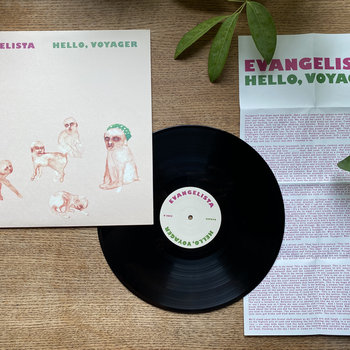
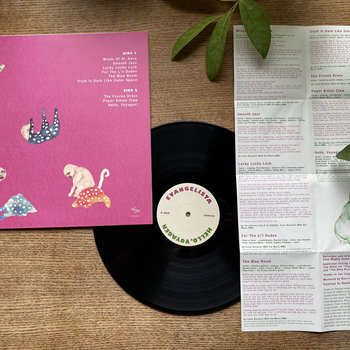

Vinyl LP, Compact Disc (CD)



The debut album by Bozulich’s band Evangelista is a harrowing, experimental opus. She returned to Montreal to record Hello, Voyager, and Evangelista (the band) features an expanded version of the already-formidable personnel lineup from Evangelista (the album). It opens with a desperate invocation to “St. Anne who’s gone mad” over scraping strings, and confidently leaps between windswept blues, incandescent noise rock, and unsettled chamber music as it mirrors Bozulich’s searching, urgent lyrics. The band’s maximalist approach frequently conjures up walls of sound that could overpower a lesser vocalist, but Bozulich’s searing vocals never falter as she slinks and screams her way through her most intense album yet.
The title track, which closes the album, is particularly notable. A semi-improvised twelve-minute industrial firestorm, featuring seven drummers and a lot of noise serves as the backdrop to Bozulich’s devastating lyrics about the societal forces—homophobia, alienation, abandonment—that keep us apart. The song grows more volatile by the second as Bozulich names the demons that have followed her throughout the album before the crescendo finally breaks, the tension melts, and we’re left with one lingering message over a cloud of reverberating static: “The word is love.”
Carla Bozulich
Quieter

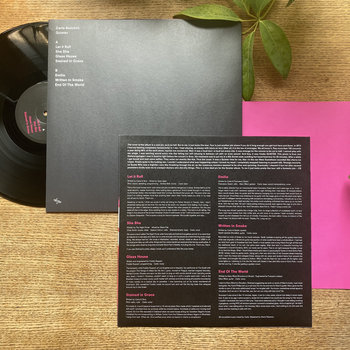
Vinyl LP


Quieter was assembled from one-off collaborations and outtakes, with almost every song featuring a completely new set of collaborators. Although their origins are disparate, these songs form a cohesive return to the otherworldly ambient pop half-glimpsed on Evangelista. Only a few of them include any percussion; Bozulich discards all but the most essential pieces of each song. From the skittering, chiming electronics on “Glass House,” programmed by darkwave artist Freddy Ruppert, to Marc Ribot’s jazzy guitar on the hushed torch song “End Of The World” and the droning duduk (an ancient Armenian woodwind instrument) played by John Eichenseer on “Let It Roll,” Quieter’s eclectic sonic palette is well worth a listen.


